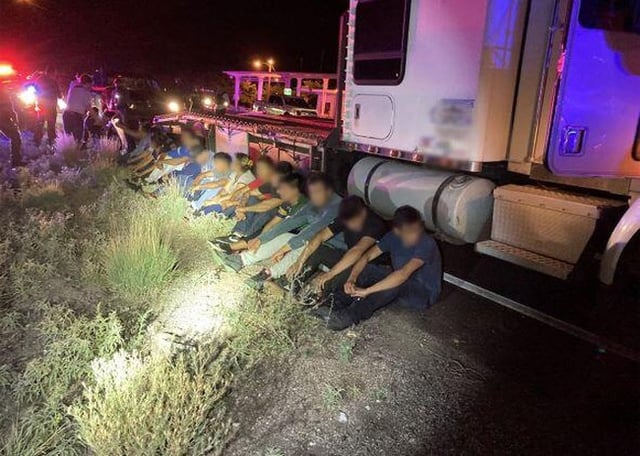Overview
- The Trump administration has rescinded parole for 6,300 migrants with criminal or terrorist records, citing findings by the Department of Government Efficiency (DOGE).
- Among the 6,300 individuals, hundreds accessed taxpayer-funded benefits, including Medicaid, unemployment payments, federal student loans, and tax refunds, before their parole was terminated.
- The administration is expanding its actions to revoke parole for nearly 985,000 migrants admitted through the CBP One app, though legal challenges persist.
- A federal judge recently blocked the administration's attempt to end the CHNV parole program, which allowed migrants from Cuba, Haiti, Nicaragua, and Venezuela to enter the U.S. under specific conditions.
- Officials defend these measures as necessary to secure borders and protect national security, while critics question the legality and ethics of the administration's tactics.



